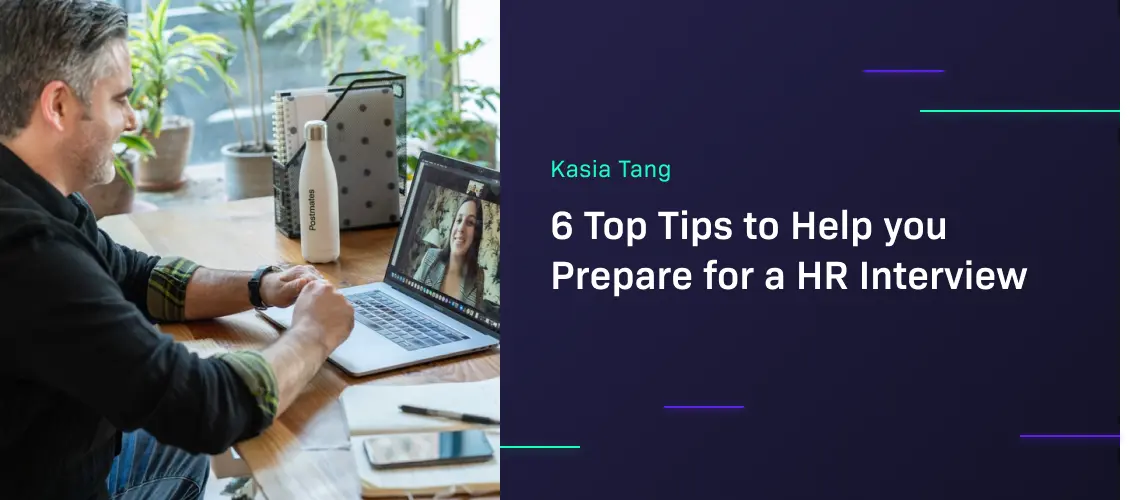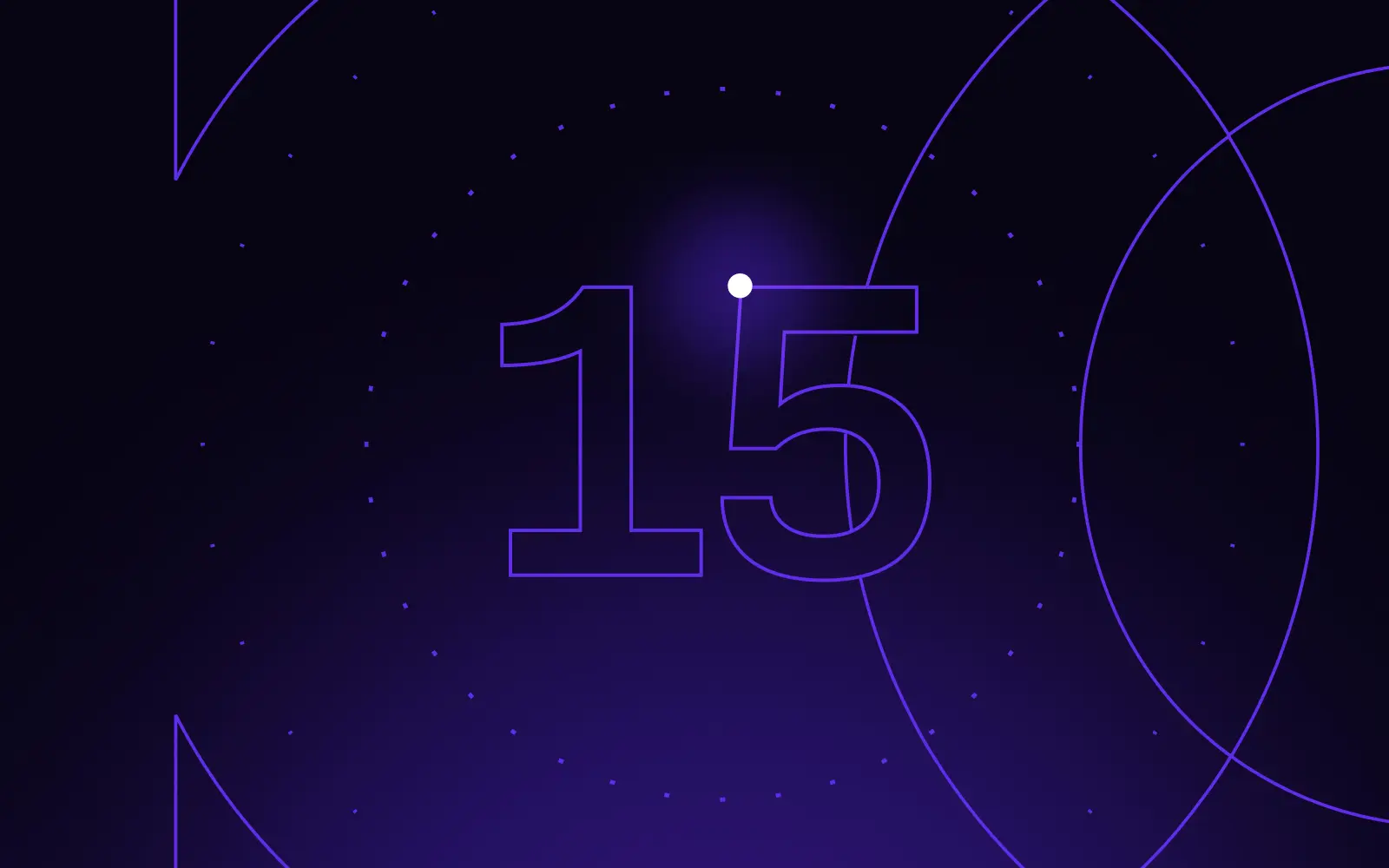
If you’ve been invited to a HR interview, congratulations! You’ve already passed the first stage of the recruitment process and it looks like your CV is in great shape. Now it’s all about showcasing your skills and experience further at interview and convincing the recruiter that you’re the right person for the job. We give you our six top tips for effectively preparing for a HR interview, so that you can give yourself the best possible chance of success.
1. Make sure you’re comfortable
Interviews are inevitably a bit stressful. If you really like the look of the company and the role, you’re likely to feel nervous when speaking to the recruiter. Which is why you should always make sure to schedule the interview for a time that suits you.
Prepare the right space for the interview, ideally avoiding distractions. Also, make sure you don’t have any important items in your calendar before and after the interview. This way you won’t worry about running late. This will all help you feel more relaxed, which will allow you to make a good first impression.
2. Do some research about the company and the role
While most recruiters will take a couple of minutes at the beginning of the interview to tell you more about the company, it’s always better to come prepared. Doing some initial research about your potential future employer will allow you to pay closer attention to that introduction and ask questions about details you found particularly interesting.
The same goes for the role you apply for. Ideally, you’ll find the time to read through the job ad before the interview, highlighting parts you find interesting or confusing, preparing questions you may want answered before the next steps of the recruitment process.

3. Be ready to talk through your experience
When asked about your current responsibilities or past experience, be as specific as possible. If you can, find parallels between what you currently do and the skills and responsibilities outlined in the job description. This will allow the recruiter to see how well-suited you are to the position.
At the same time, make sure that you communicate clearly and try to avoid jargon or expressions specific to your current employer. Communication skills are important in any role these days and your ability to describe your responsibilities is one way they will be assessed in the recruitment process.
4. Prepare questions and take notes
An interview is always a two way street. Your interviewer will want to ask you questions about your skills and experience, but you’re encouraged to ask your own questions too. In fact, asking questions shows that you’re keen. You can ask about the role, the company, the culture and the recruitment process itself - a HR recruiter will be well-placed to answer these top level questions.
Our advice is that you take notes during the interview. With all of the emotions the interview comes with, you may not be able to remember everything you hear during the phone conversation. In the event you do miss something, don’t hesitate to confirm it with the recruiter by email after the interview.

5. Think about what you’re looking for in an offer
Ideally by the time you apply, you already know the salary ranges for the position. But make sure to pay attention to other details of the offer, such as the contract type, paid time off, benefits. Think about what are the must-have and the nice-to-have elements of the offer for you.
For example, you may find that being able to work remotely reduces your travel expenses. Or you’re looking for a role with flexible working hours, which may be worth more to you than a slightly higher salary in a 9 to 5 job. Remember there are no good or bad choices here, everything depends on what’s important to you. Make sure to share this with the recruiter, as the company will take all of these details into account when making the offer.
6. Prepare for commonly-asked questions
You won't be asked about what colour reflects you or what is your spirit animal, but there are definitely questions that are almost guaranteed on the job interview.
You can expect questions about your responsibilities in your previous role and your motivation for leaving your last place of work (and this is not a trick question! The recruiter just wants to know about the things that would be a dealbreaker for you, so answer this as directly as you can). You may also be asked to give examples of past situations that were challenging or particularly satisfying and the reasons for these.
Towards the end of the interview, there are often questions about your potential start date and your financial expectations, so make sure you think it through beforehand.
It’s all in the preparation
Some candidates assume that because this is only the first interview, they don’t need to spend a long time preparing. But the truth is that you’re interviewing the recruiter as much as they’re interviewing you. Which is exactly why you should approach it in a similar way: preparing your questions beforehand to understand if the role is really what you’re looking for, taking notes to be able to think what you’ve heard over.
With all of this in mind, we hope you will be able to make the most of the HR interview and find the right employer for you!



